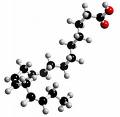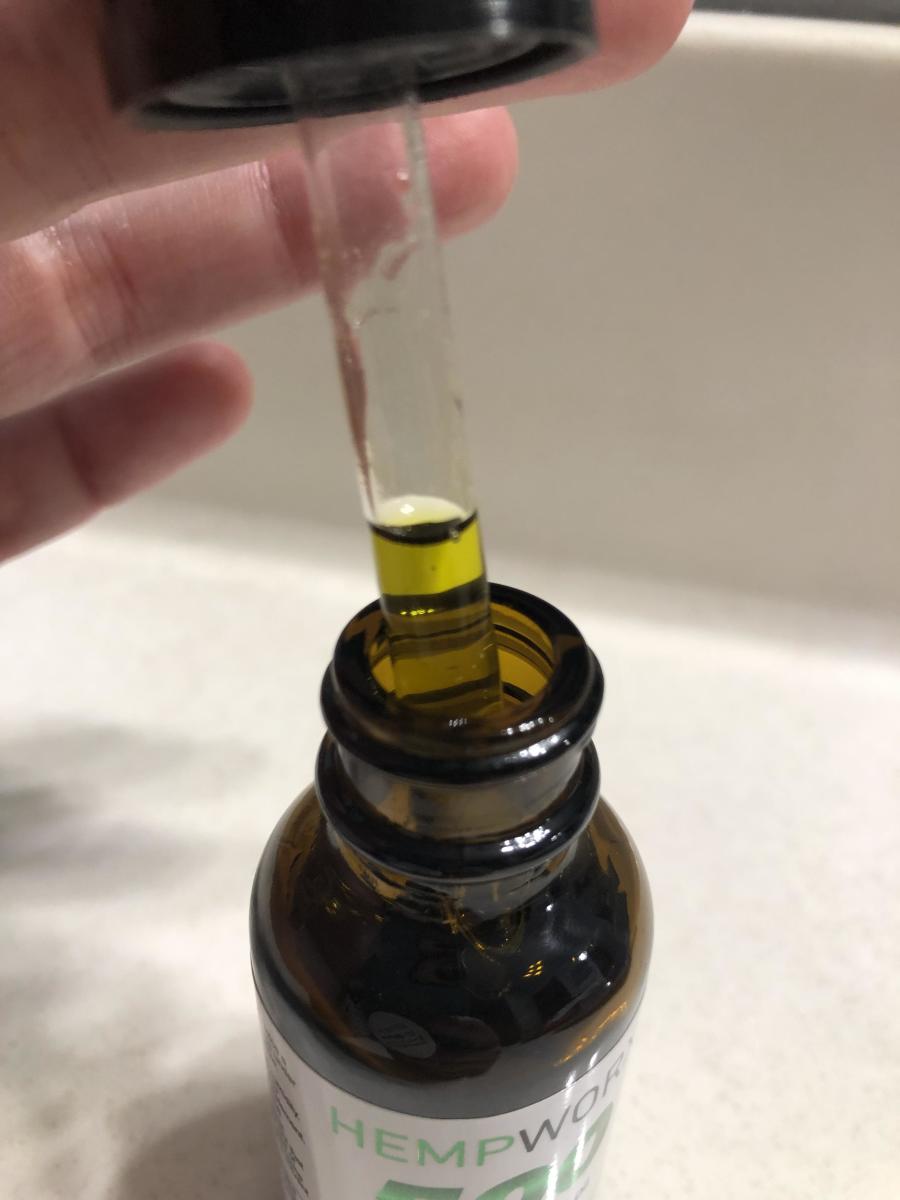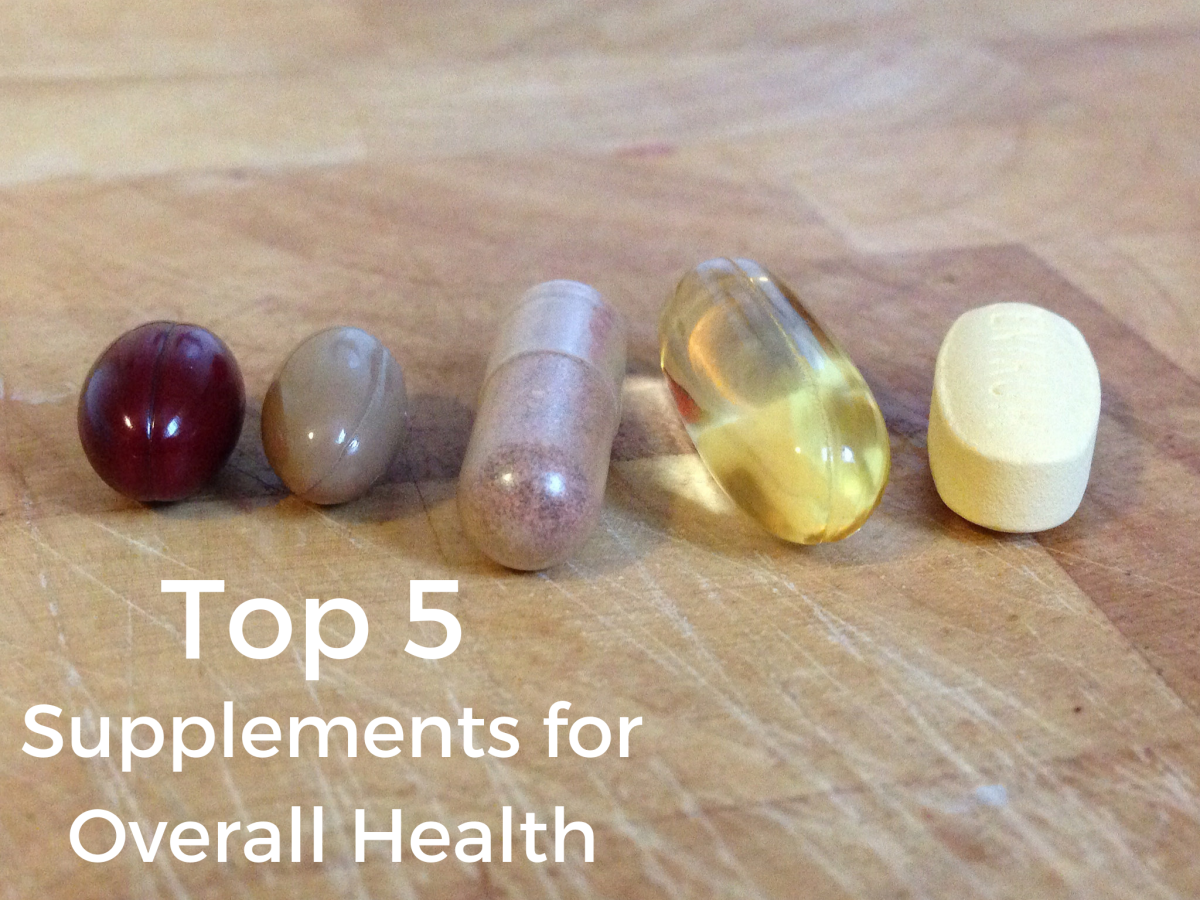Essential Fatty Acids and Why We Should Take Them in the Correct Ratio
Essential fatty acids
Essential Fatty acids are fats that are not produced by the body and so must be ingested in one form or another because they are necessary for good health. They are polyunsaturated, which means they are liquid at room temperature.
There are two types of essential fatty acids which the body needs:
- Linoleic acid which is a type of omega-6 oil.
- Alpha linolenic acid which is a type of omega-3 oil.
Omega-6 and omega-3 fatty acids are vital to the circulatory, gastrointestinal, cardiovascular and neurological systems.
- They serve as the building blocks for other important fatty acids that are needed by your body to work efficiently.
- They play a major role in the development of all cells in the body.
- They perform functions such as regulating blood pressure and immune responses.
- They may also help to prevent blood clots that lead to heart attacks or strokes.
The body needs those two types of essential fatty acids, but in a balanced ratio. When the ratio is imbalanced – too much omega-6 and too little omega-3, or vice versa, many systems in the body ceases to function well. It is possibly the cause of chronic inflammation.
An acceptable dietary ratio is omega-3/omega-6 2:1
With the introduction into our diet of the trans fats - the hydrogenated oils – the ratio has soared to 16:1.
This has had a tremendous impact on all our healths. There have been massive increases in many diseases, especially the ones listed further down in this article.
Omega-6 fatty acids
Good dietary sources of linoleic acid (omega-6 fatty acid) are eggs, whole-grain breads, cereals, poultry, and some vegetable and seed oils, and olive oil.
Unfortunately, the hydrogenated oils used by the processed food industry is where the majority of us get them –
- cakes
- crackers
- biscuits
- fast food
- chips
- cookies
- candy bars etc
and this has led to huge increases in the levels of
- strokes
- heart attacks
- cancers
- diabetes
- auto-immune disorders
- arthritis.
There is also evidence to suggest that this imbalance affects brain chemistry, leading to more bipolar disorders – schizophrenia, manic-depression, and depression.
It is therefore clear that pre-packaged and processed convenience foods should be avoided, in order to allow the body to make better use of the omega-3 fatty acids.


Omega-3 fatty acids
Foods containing omega-3 fatty acids include
- soy beans and their oils
- pumpkin seed
- flax
- walnuts
- dark green leafy vegetables
- oily cold-water fish
- buffalo
- venison
Some farmers are now feeding their chickens plant matter instead of grain to produce omega-3 enriched eggs.
Omega-3 can also be bought in capsules or in liquid form but beware because taking too much can cause sickness, diarrhoea, and belching in some, and can raise blood pressure which could be fatal in those with undiagnosed, and so untreated, hypertension.
However, under medical supervision this could prove beneficial as a treatment for some psychiatric disorders.
There is evidence to suggest that increasing your dietary intake of alpha linolenic acid (omega-3 fatty acid) can reduce the damage caused by your previous diet, and improve many conditions as outlined below.
The benefits of essential fatty acids cannot be stressed enough, but they need to be taken in the correct ratio - 2:1.
The Omega-3 Connection at Amazon
Depression
In his book, The Omega-3 Connection, written by Harvard faculty member, Andrew L. Stoll M.D., he refers to a 45 year old patient who had suffered from a bipolar disorder for 23 years, who had come to him for help as a last resort. Within 3 weeks of a treatment consisting of increased levels of omega-3, all her symptoms disappeared.
Numerous other studies strengthen the theory.
- A study at the Centre for Mental Health Research in Australia found that high levels of omega-6 fatty acids coupled with low levels of omega-3 fatty acids led to more severe depression.The University of Sheffield linked low omega-3 levels in red blood cell membranes to depression.
- A study in the Archives of Psychology indicated that bipolar patients on a high omega-3 fatty acid diet remained symptom-less for longer than those on conventional diets.
- One study found that eating more omega-3 fatty acids boosted the levels of serotonin, known to fight depression, and made brain cell membranes more effective.
Those born before 1945—when diets contained more omega-3 fatty acids in the form of wild fish and game—were less likely to suffer from major depression than those born after 1945.

Cancer
There is research to support the theory that omega-3 fatty acids can reduce the risk of colon, breast and prostate cancer. There is evidence to suggest that eating fish, even in small amounts, can not only reduce the risk, but help stop their spread in the early stages.
Ulcerative colitis and Crohn’s Disease
- A Japanese medical study found a link between a higher than normal ratio of omega-6 to omega-3 fatty acids in the body, and incidence of Crohn’s Disease.
- Another Japanese study showed that an omega-3 enriched diet resulted in a decrease in CRR, a measurement of inflammation in ulcerative colitis.
- Another study found that fish oil supplements decreased inflammation of the colonic mucosa in patients with irritable bowel syndrome.
- According to a study in the New England Journal of Medicine, fish oil capsules proved to have positive, anti-inflammatory effects in Crohn’s disease patients.
Essential Fatty Acids at Amazon
Auto-immune disorders
Studies carried out on people with auto-immune disorders – asthma, lupus, arthritis, psoriasis show that increased levels of omega-3 intake are beneficial.
13 studies of rheumatoid arthritis sufferers show that increased levels of omega-3 fatty acids have improved joint aches and pains.
Diabetes
Type 2 diabetes is almost endemic in the Western world now. Adults with type 2 diabetes are 2 to 4 times more likely to die from heart disease.
Studies have shown that increasing their omega-3 fatty acid intake while reducing their omega-6 fatty acid intake can help manage their condition.
One study showed that diabetics can improve insulin function by 50% by taking fish supplements, while another showed that diabetic women can reduce their risk of heart disease by as much as 64%.
The Elderly and Essential Fatty Acids
There are ongoing trials with good results so far to suggest that omega-3 fatty acid can help reduce the loss of brain function in the elderly, and perhaps even reverse the process in those already afflicted with Alzheimer’s disease.
This is yet another example of the benefits of essential fatty acids when taken in the suggested ratio of 2:1.
Coronary Heart Disease
The Agency for Healthcare Research and Quality (AHRQ) has reported that eating fish or taking a fish oil supplement high in omega-3 fatty acids offers powerful benefits for heart health by reducing:
- Heart attacks in those who already have coronary artery diseases.
- The risk of death in those with heart and blood vessel diseases.
- The level of triglycerides, a fat in the blood that may contribute to heart disease.
- Blood pressure.
- The risk of coronary artery re-blockage after angioplasty.
- The risk of irregular heartbeats or arrhythmia.











